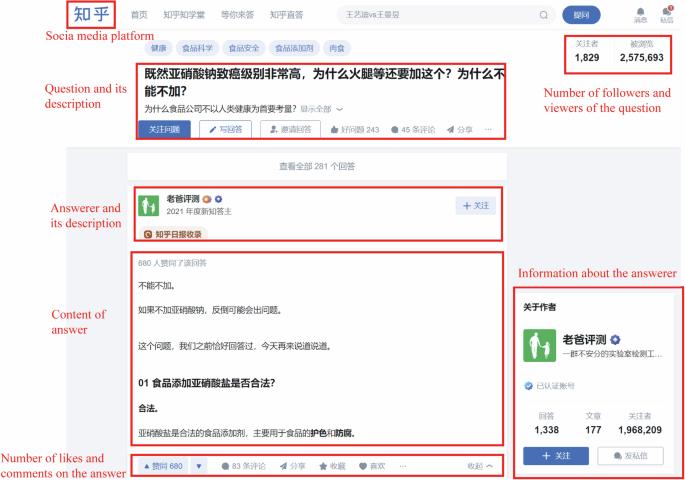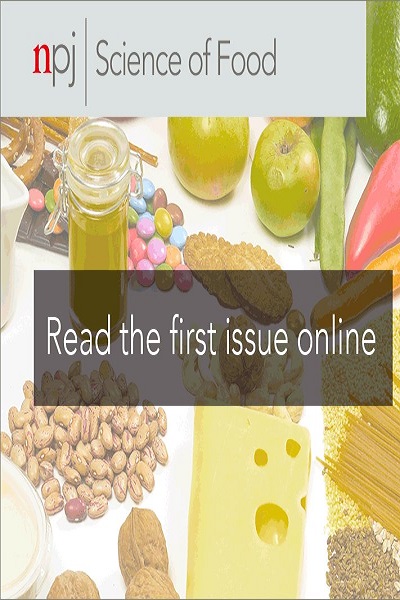释放食品添加剂社交媒体的潜力,促进有效的科学传播。
IF 7.8
1区 农林科学
Q1 FOOD SCIENCE & TECHNOLOGY
引用次数: 0
摘要
超加工食品在现代饮食中占主导地位,通常含有大量添加剂,以提高风味、口感和保质期。人们对每天或过量食用食品的潜在健康风险的担忧引发了网络讨论。本研究分析了中国流行社交平台知乎上人们对食品添加剂的看法。研究结果显示,专家和非专家在态度上没有明显差异(p > 0.05),专家依赖统计数据,而非专家则从个人经验出发。独立 t 检验表明,他们之间的评论参与度差异不大(p > 0.05)。然而,卡方检验表明,专家的互动性明显更高,他们经常直接回复原创帖子和评论者(p本文章由计算机程序翻译,如有差异,请以英文原文为准。

Unlocking the potential of social media on food additives for effective science communication
Ultra-processed foods dominate modern diets, often containing numerous additives to enhance flavor, texture, and shelf life. Concerns about the potential health risks of daily or excessive consumption have sparked online discussions. This study analyzed perceptions of food additives on Zhihu, a popular Chinese social platform. The findings revealed no significant difference in attitudes between experts and non-experts (p > 0.05), with experts relying on statistical data and non-experts drawing from personal experiences. An independent t-test indicated no significance in comment engagement (p > 0.05) among them. However, a chi-square test showed that experts were significantly more interactive, frequently replying directly to original posts and commenters (p < 0.05). This suggests that experts actively facilitate discussions, moving away from reliance on influencers and instead prioritizing high-quality, accessible scientific communication. The findings highlight the crucial role of interactive online platforms in bridging the gap between science and the public.
求助全文
通过发布文献求助,成功后即可免费获取论文全文。
去求助
来源期刊

NPJ Science of Food
FOOD SCIENCE & TECHNOLOGY-
CiteScore
7.50
自引率
1.60%
发文量
53
期刊介绍:
npj Science of Food is an online-only and open access journal publishes high-quality, high-impact papers related to food safety, security, integrated production, processing and packaging, the changes and interactions of food components, and the influence on health and wellness properties of food. The journal will support fundamental studies that advance the science of food beyond the classic focus on processing, thereby addressing basic inquiries around food from the public and industry. It will also support research that might result in innovation of technologies and products that are public-friendly while promoting the United Nations sustainable development goals.
 求助内容:
求助内容: 应助结果提醒方式:
应助结果提醒方式:


